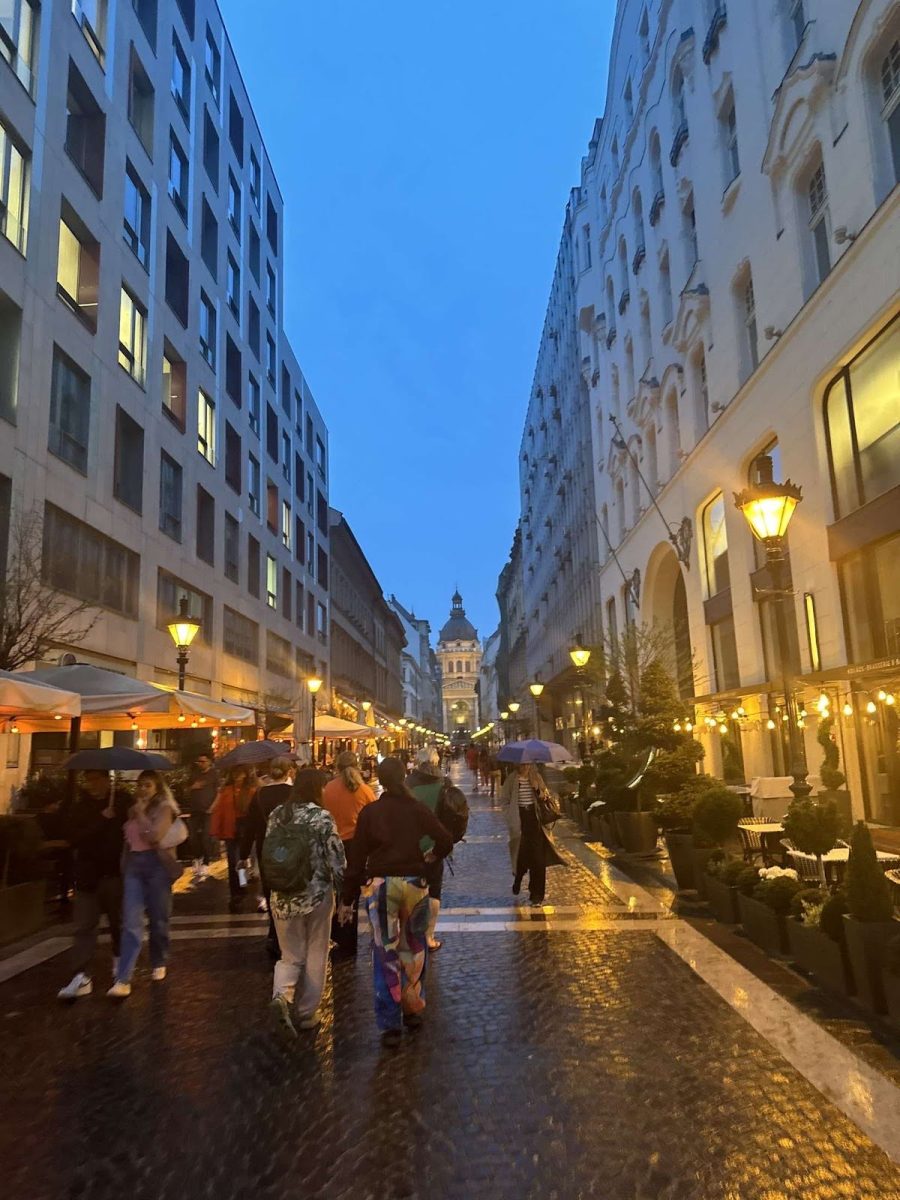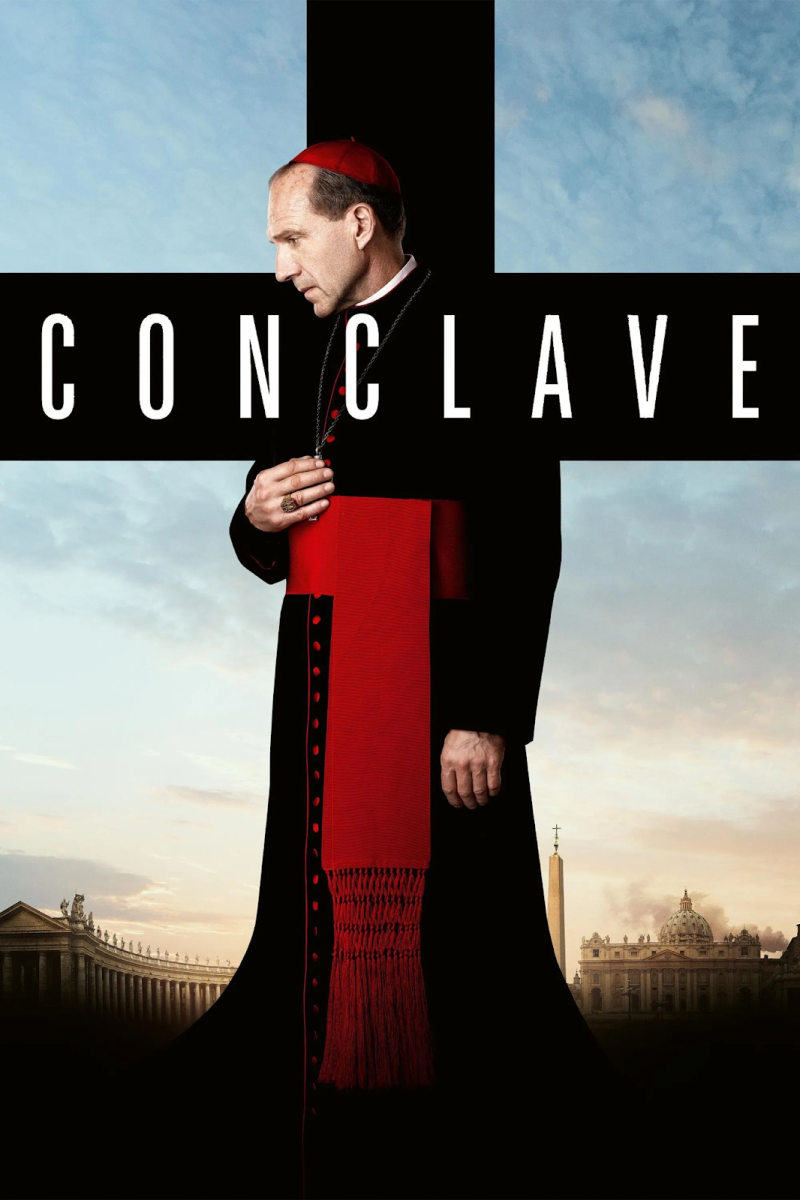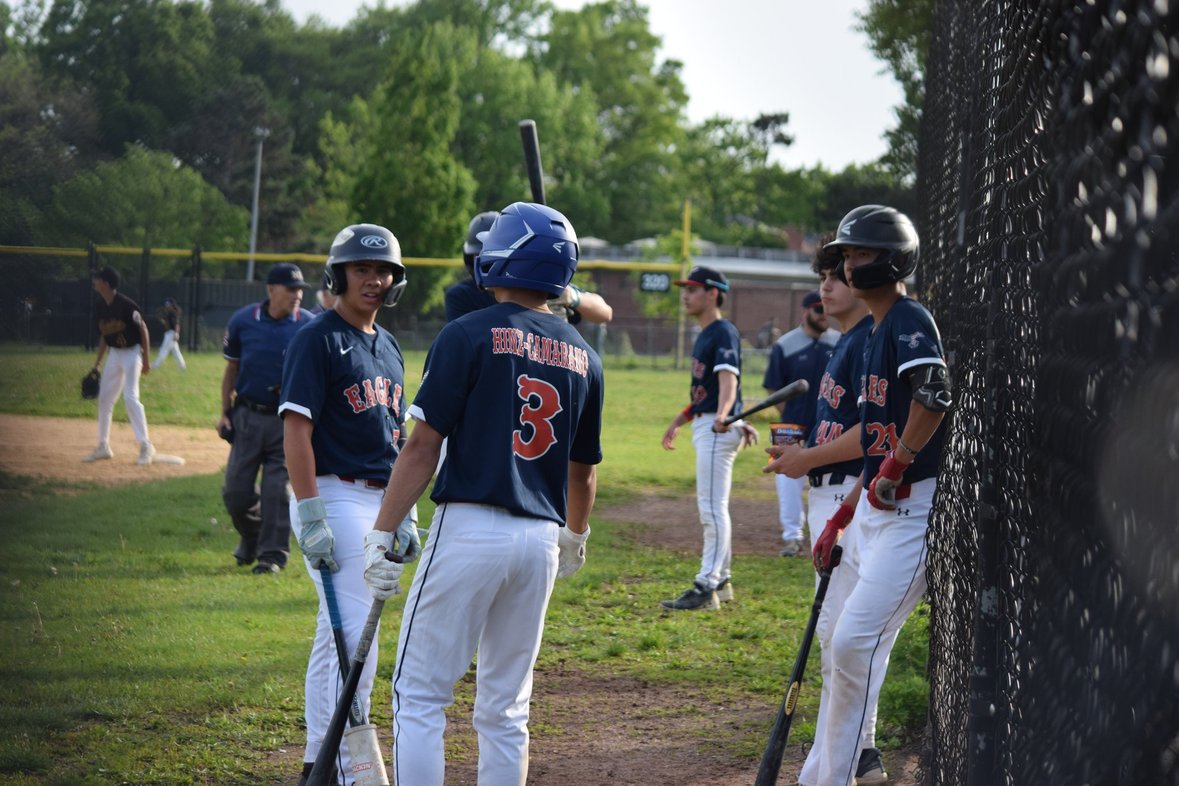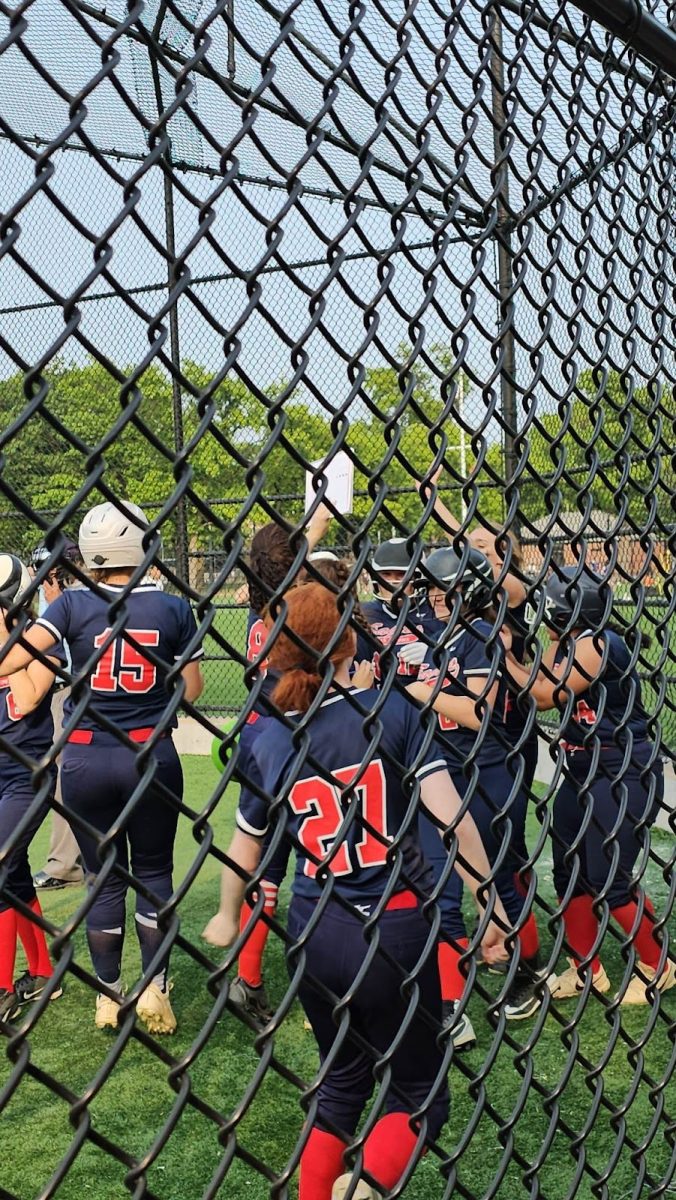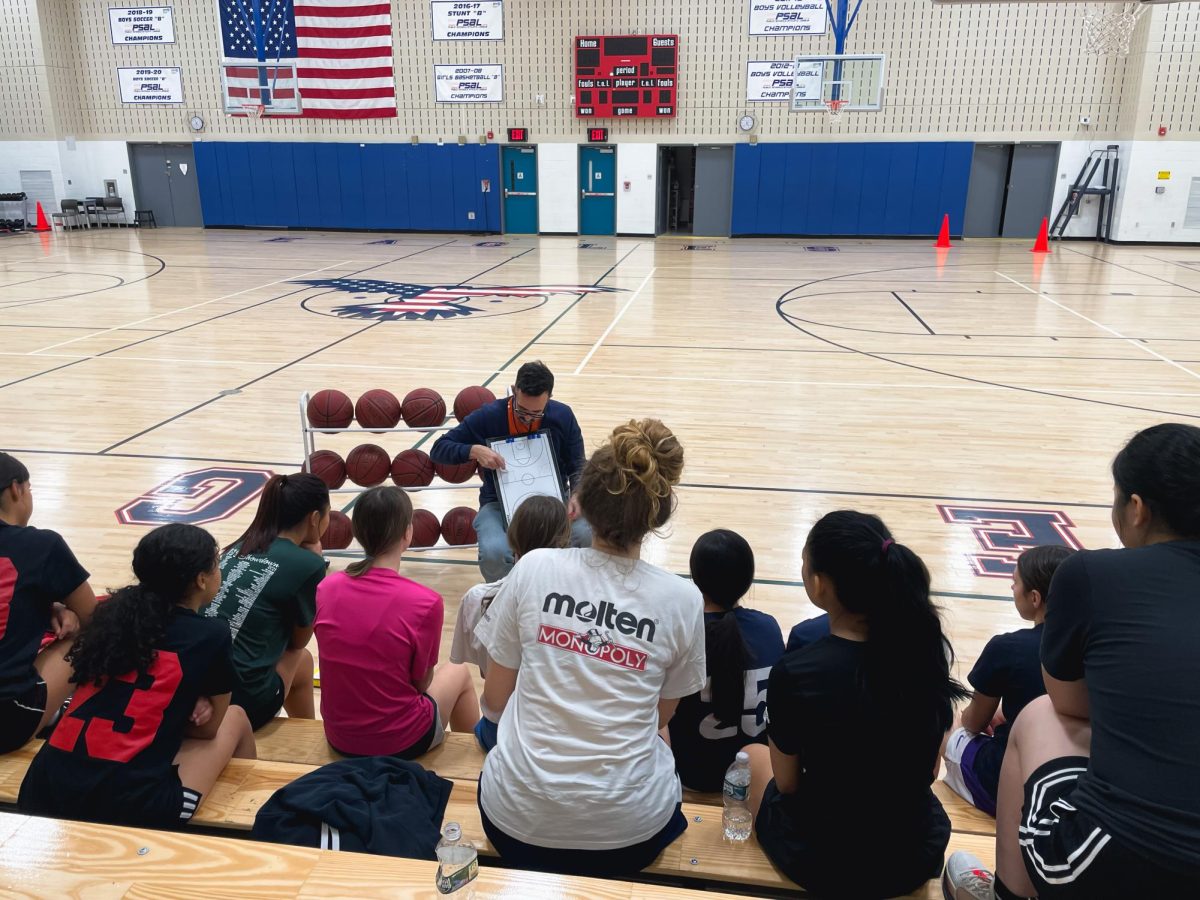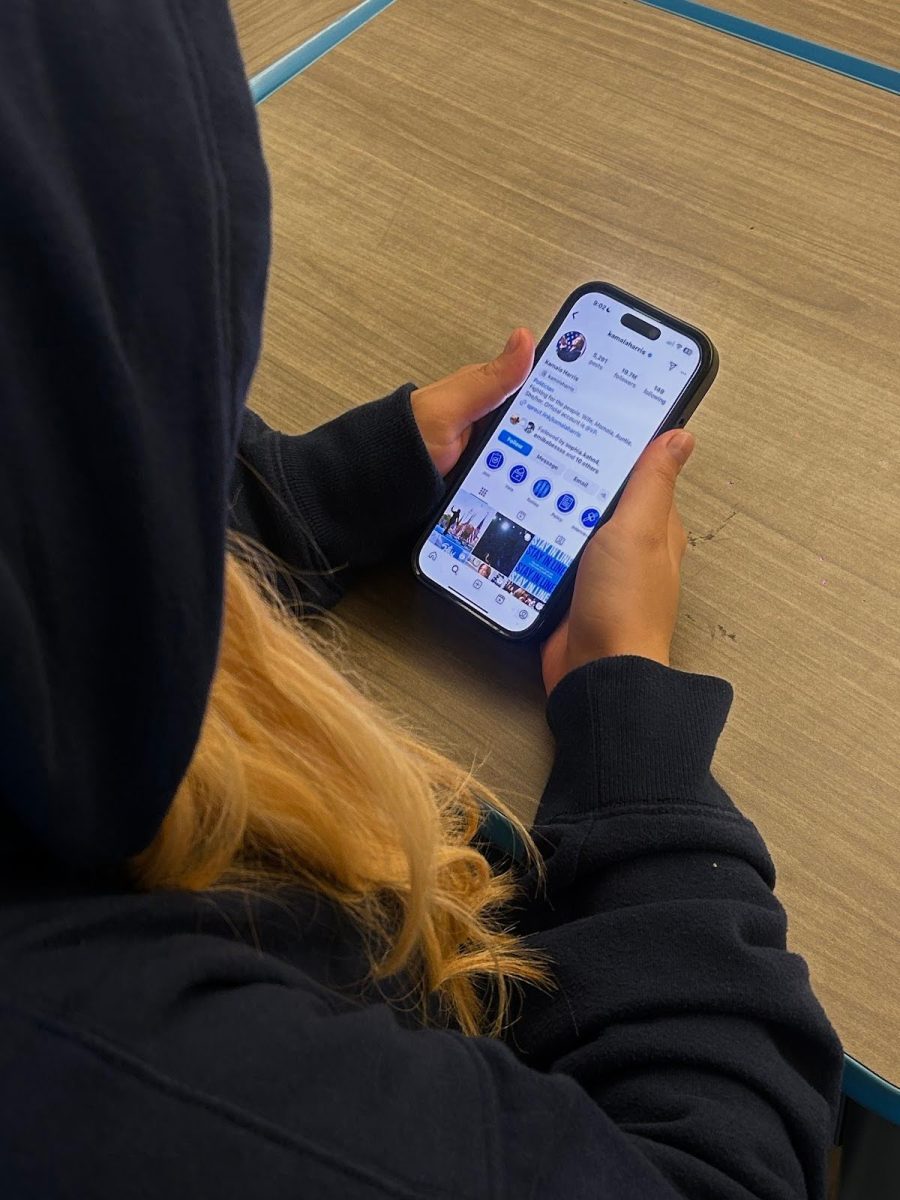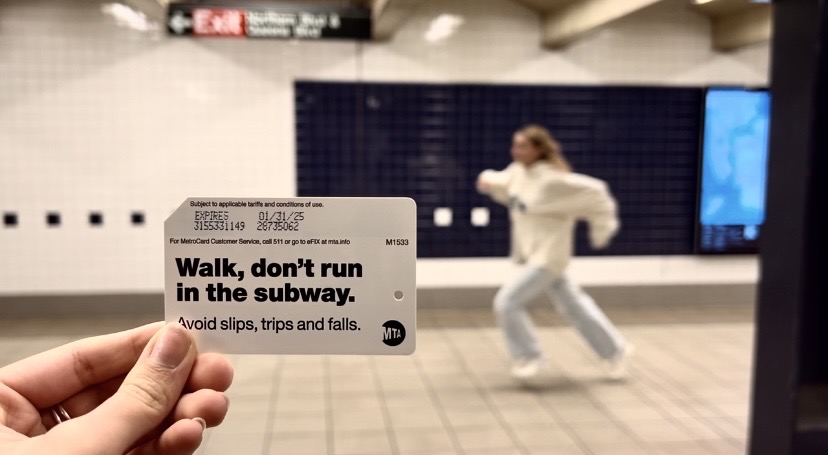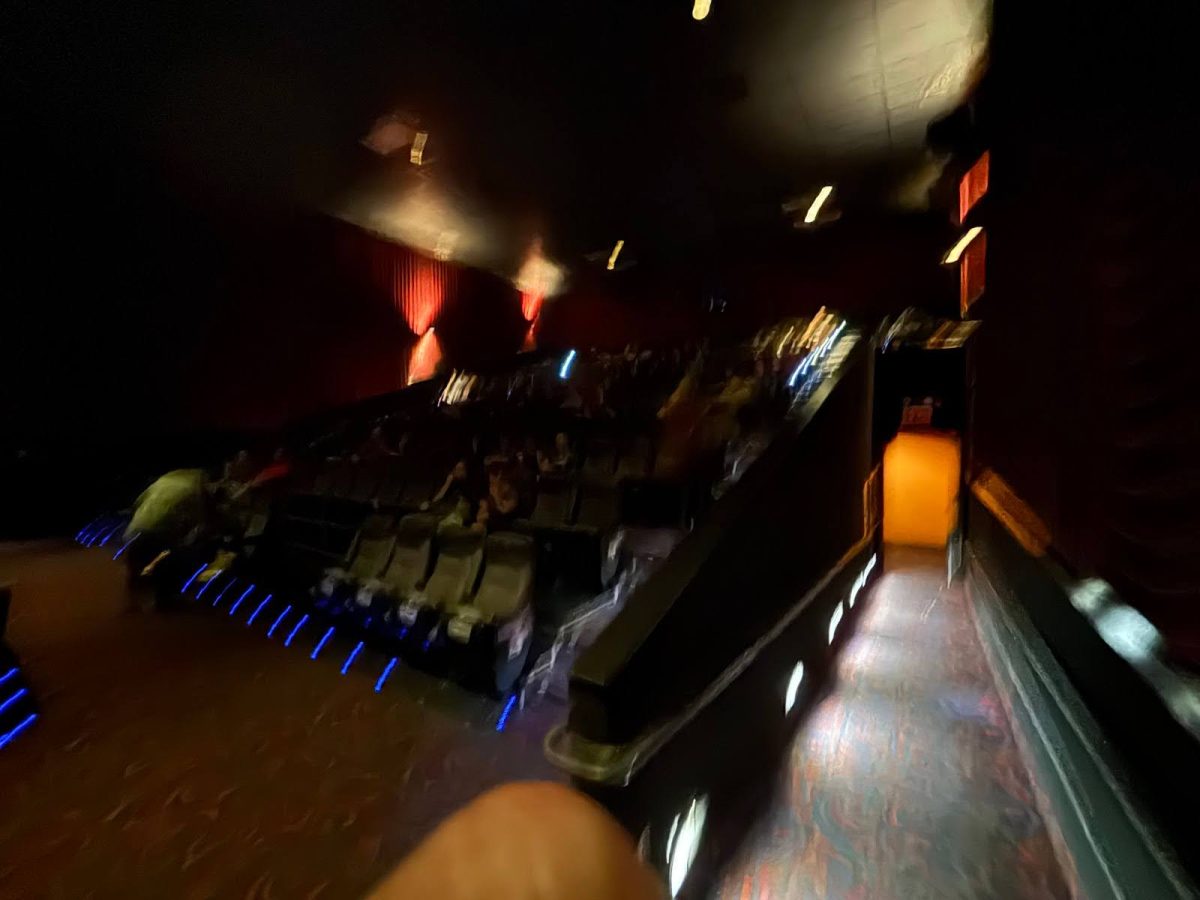Through the lens of social media during the 2024 Presidential Election, Academy of American Studies students shape their political perspectives based on socially prescient content.
While the school population was unable to vote this election cycle, a race in which Donald Trump received a sufficient amount of the electorate in order to defeat Kamala Harris and become the president-elect, most will be eligible to do so in the 2028 election.
“Their content usually speaks out to younger generations,” says one anonymous survey respondent referencing their motivation to follow specific social media creators to engage with political news. While representative of modern communication methods, this sentiment perpetuates the relationship many students have with their environment. According to a 2022 study by the Wall Street Journal, 66% of Gen Z teens (14-18) say social media is their primary source for news, highlighting the impact of these platforms on civic engagement; meanwhile, only 34% of the Academy of American Studies students provided a platform or account when asked for specific sources. “Joe Rogan, Elon Musk, and Donald Trump,” cited another respondent, indicating how a generational line between news and personality has blurred as politicians and influencers alike use social media to connect with followers.
A 2022 Frontiers in Psychology study reported, “parasocial relationships with influencers can create a perception of trust, making followers more likely to accept their perspectives without scrutiny. Similarly, if a candidate communicates their personality with social media, they can build an advantage by relating with what sustains intrigue in the platform much like an influencer. Acknowledging the volatile nature of this type of communication, a surveyee maintains, “Trump is either love or hate.” As for their relatability with this perspective, they continue, “I don’t hate Trump, [and] I find most of the videos [I see] funny or patriotic.”
Individuals are driven to support what gratifies their perspective, though the same nature instills the opposite inflection by others. One respondent describes the motivation of their political social media following as based on what “refreshes me from all the misinformed and misled” perspectives they can cause. Articulating her support for one candidate, senior Ella C. says, “Trump is a convicted felon…it’s all about him and his power. My own judgment [led me to feel this way], seeing he was impeached multiple times.” By further analyzing the scope of his actions, Ella quells her patriotism with knowledge that forms her claim.
When candidates reflect important values, they often embellish their reliability. One anonymous respondent cites a policy important to their support as, “the move to renewable energy to help stop the climate crisis,” while another is inspired by the promise of, “having the best economy in modern American history.”
Identifying the imperative to understand the presence of misinformation, senior Noah C. expresses how “it’s [growing] common among future voters not to be very critical sometimes, or fact check the information they see, and they rely too much on social media… it’s important to be critical when it leads to choices.” In fact, 28% of respondents indicate they garner at least 50% of their political knowledge from social media. In a space where claims can be conveyed as fact by anyone with access to the technology, the importance of contextualized information is magnified. Ambition empowers social mobility, however a holistic analysis of its promise can yield different actual results, to which the necessity to prioritize information grows.
Students maintain an important responsibility with the access of social media. With the resources of time and its liberties, teenagers can develop their perspective in order to discern their valued infliction. Senior Zoe C. concedes, “I should have done more research on it. […] When I was on social media, if I did see something political it was about Harris.” Social media remains a platform where people, including the generation of students that populate Academy’s halls, were raised to communicate with their environment. “These are choices that are going to follow you,” Noah says. It is the students’ responsibility to rationalize them.
